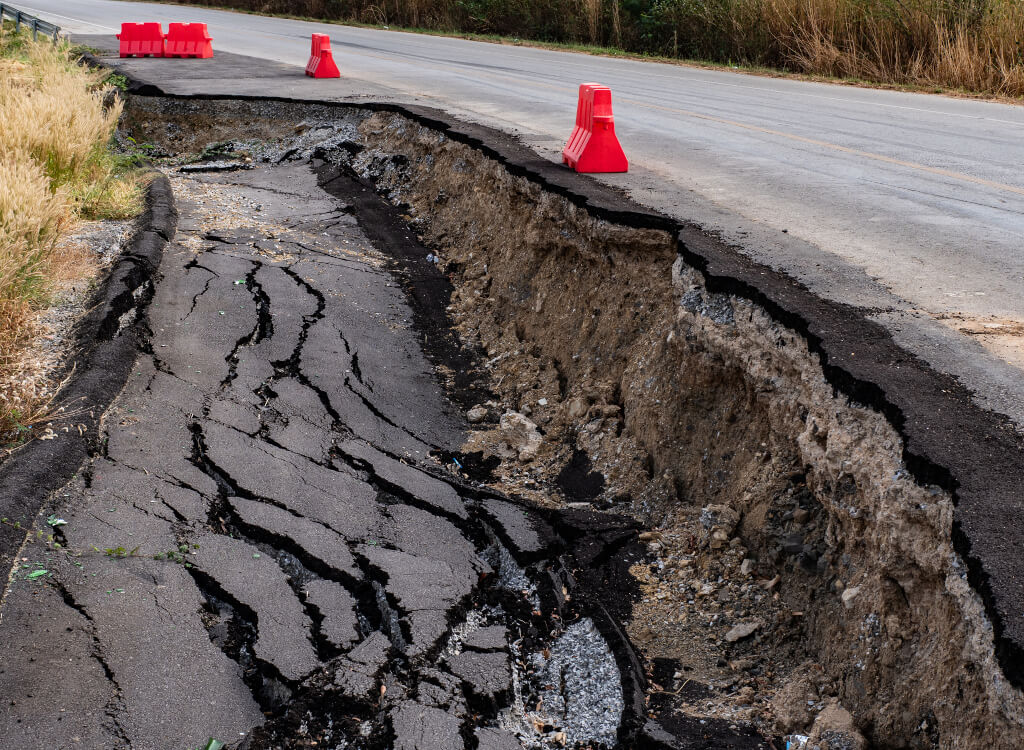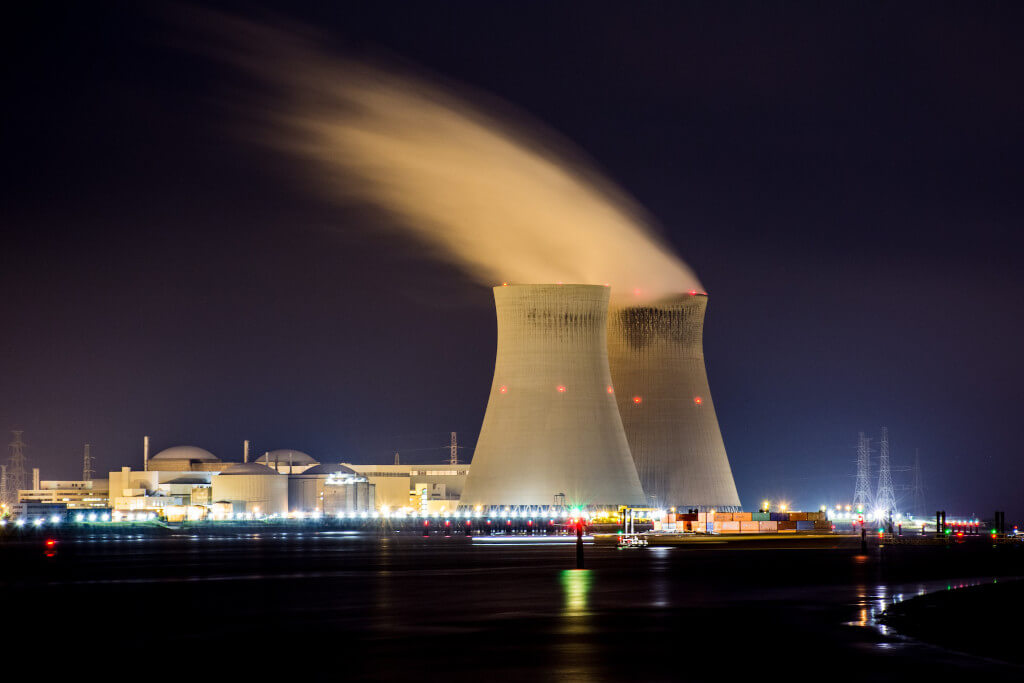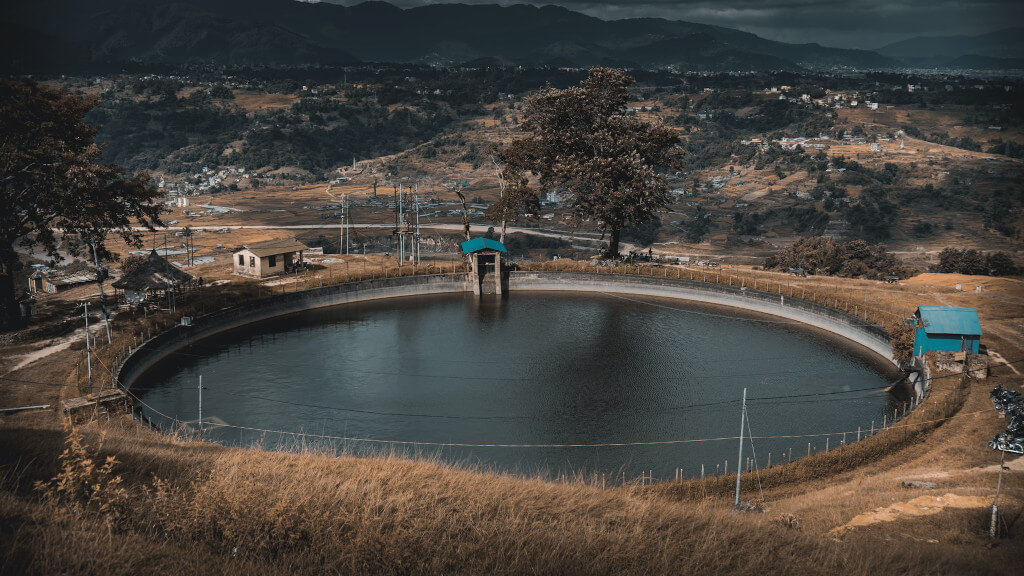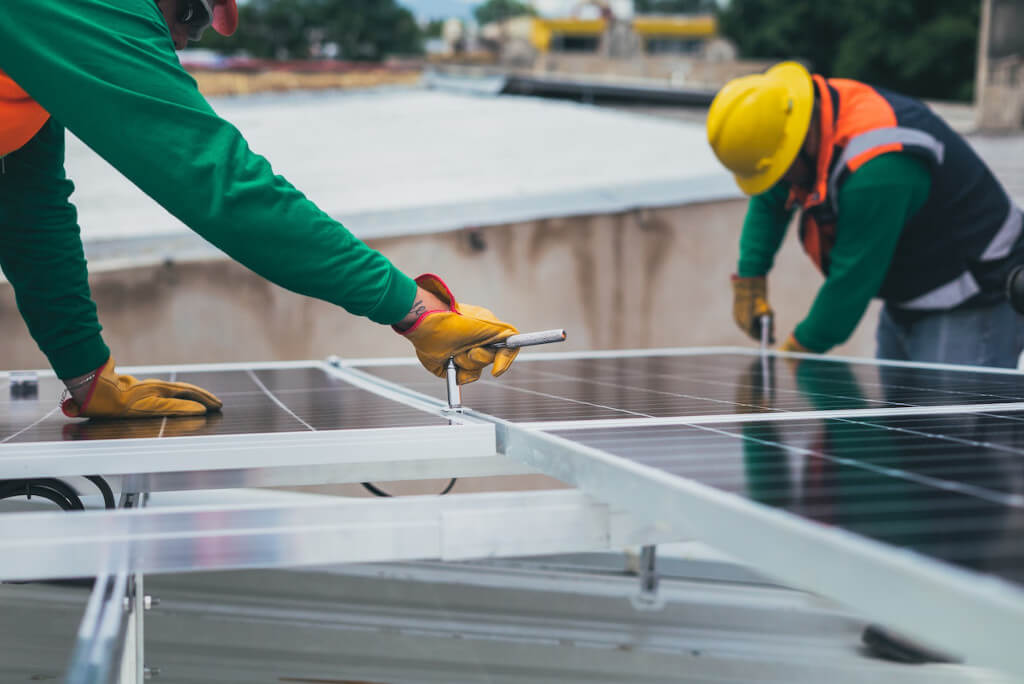Early on Sunday morning, residents of various areas in Gauteng, most notably Johannesburg South, were startled by a significant earth tremor that spread shockwaves throughout the region. The earthquake, initially measured at a magnitude of 4.7, has set off a social media frenzy and a robust response from locals.
Warning: Unsteady Alarm Clock
At about 02:38 on a Sunday morning, a strange event centred in Boksburg disturbed the peace for a tense 20 seconds. Quickly after the quake, people all around Gauteng posted recordings of it online, including CCTV images showing the eerie effect of the tremor on people’s homes in the dark.
Data from the South African Council for Geoscience, as reported by SABCNews, indicates that this tremor, which occurred roughly 10 km below the surface, maybe one of the most significant seismic events ever recorded in the country.
Perseverance in the Face of Adversity
While reports of structural damage, injuries, or fatalities have not yet come in, the international risk management organisation Crisis24 has warned that thorough damage assessments, particularly in isolated regions, might take several hours. In addition, seismologists have cautioned locals to be on high alert for aftershocks in the days ahead. The people of South Africa showed remarkable fortitude in the face of devastating natural disasters. Many locals rushed to Twitter to share their thoughts and inject some fun into the unique situation:
- “If you didn’t feel the earthquake, I guarantee you won’t be rattled by anything life throws at you,” tweeted @aus_mbali. You have the spirit of a great fighter. Putin and nuclear weapons can’t stop you.
- – @Am_Blujay: “We have survived cholera, COVID, and an earthquake — my grandkids will never hear the end of it.”
- Tweet from @TsakkyM: “SA government is rushing to set up a commission to investigate the tremor.”
What’s Going On
It’s important to think about the bigger picture when the first shock of the quake has worn off. The first aim should be to figure out what caused this to happen and how to prevent it from happening again. Large-scale seismic occurrences can have devastating effects on infrastructure and services, and even threaten human safety.
It is hoped that South Africans would continue to show the same fortitude and perseverance they have shown since the earthquake has been investigated. “Earthquake and Covid19 survivor at 26!” wrote @Social_bbeing. I have a lot to explain to my offspring.
South Africa has endured many hardships and emerged stronger each time. The resilience and resolve of the American people in the face of tragedy, such as an earthquake, is inspiring.
A History of Seismic Activity in South Africa
South Africa is no stranger to seismic activity, though large, destructive earthquakes are relatively rare. The most significant seismic event in South Africa’s recorded history occurred in 1969 in the Western Cape, in a town called Tulbagh. The quake, with a magnitude of 6.3, resulted in significant damage and loss of life.
However, Gauteng, where the recent tremor occurred, is relatively seismically quiet compared to other provinces. The province has experienced several tremors in the past, the most notable being a 5.3 magnitude quake in Orkney in 2014, which resulted in one fatality and substantial damage to buildings.
The recent tremor in Boksburg, with a recorded magnitude of 4.7, is therefore a significant event for the area but not unprecedented. Given historical occurrences, it is plausible to expect similar seismic activity in the future, although predicting the precise timing and location of such events remains a challenge for seismologists worldwide.
Climate Change and Seismic Activity
The link between climate change and seismic activity is complex and remains a topic of ongoing research. A warming planet can indeed affect the Earth’s crust, potentially leading to more earthquakes, landslides, and volcanic activity. However, these links are indirect and involve long-term processes such as ice melting, sea-level rise, and changes in rainfall patterns, which can affect the Earth’s crust.
In South Africa, the Council for Geoscience has not directly linked climate change to increased seismic activity. Rather, most of the seismic events in South Africa, especially in the Gauteng region, are induced by human activities, primarily mining. These human-induced seismic activities are usually of smaller magnitudes but can occasionally produce significant tremors.
However, it is important to consider that as global temperatures rise, the potential for climate-induced geological changes increases. As such, monitoring, research, and understanding the link between climate change and seismic events remain essential for future disaster preparedness and risk mitigation.
While seismic activity like the recent tremor in Gauteng can certainly happen again, linking these events directly to climate change may not be scientifically accurate at present, given the current understanding and data. Continual monitoring, data collection, and research are needed to improve our understanding of these complex processes and their interactions.
About The Author:
Sizwe Mikhwenya is a seasoned journalist specialising in business, environment, and current affairs. With a decade-long career reporting on the pulse of South Africa, Lethabo’s work has been featured in some of the country’s most respected publications, earning recognition for her insightful, comprehensive reporting.




